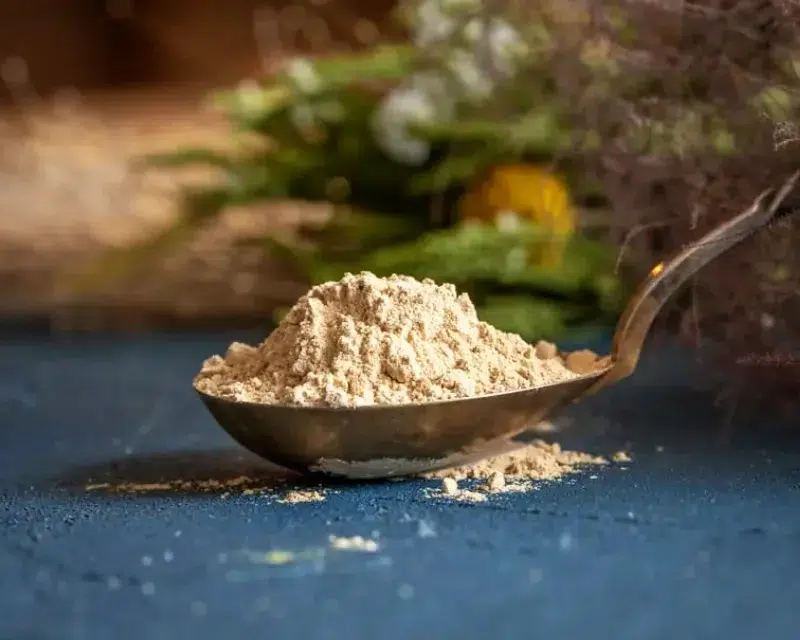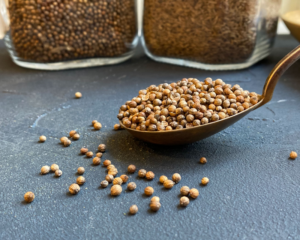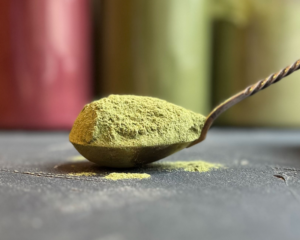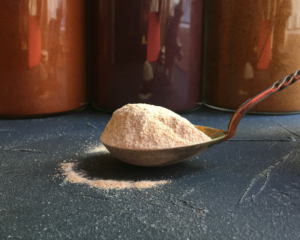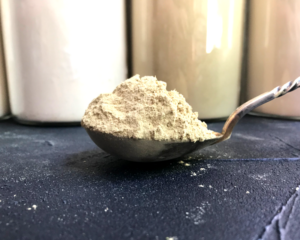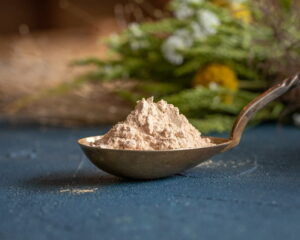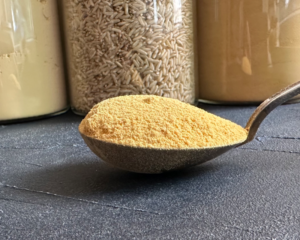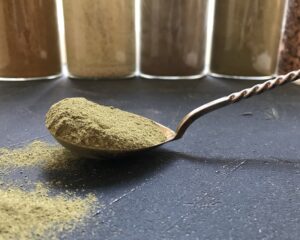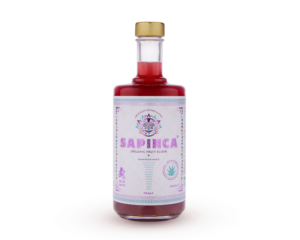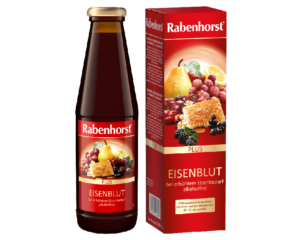Organic Indian gooseberry fruit (Amla) powder
From 2.30€
Organic Indian gooseberry fruit powder (Amla)
Thousands of years before Nobel Prize-winning scientist Linus Pauling presented evidence of the healing properties of vitamin C, Ayurvedic doctors were using amla (often called Indian gooseberry) as a healing remedy. Amla is one of the most antioxidant-rich fruits found in nature. Amla has many uses and effects, including boosting immunity, and slowing down the ageing process.
Amla (Phyllanthus emblica) is a member of the Euphorbiaceae family and matures in autumn in the humid forests and hilly areas of the Indian subcontinent. This wonderful fruit-bearing tree is considered sacred in India. Amla is often eaten with salt and chilli powder, and its fruits are used to make pickled snacks or candied sweets. Although Amla is sour, it leaves a sweet aftertaste when eaten raw. Paradoxically, this sour fruit reduces stomach acidity and is often used in Ayurvedic medicine to treat stomach problems, ulcers, heartburn and reflux. Amla can help fight certain chronic health conditions and alleviate cell damage.
A hearty gram of raw Amla contains 478 mg of vitamin C. In comparison, a lemon has 77 mg of vitamin C per 100 grams. As a food rich in vitamin C, Amla supports the adrenal glands, which are used for cellular energy, and supports skin and vascular health. Amla has been used to relieve constipation and other stomach health problems. It can also be useful in supporting liver and heart health.
Amla can also be an excellent anti-inflammatory herb to help with joint pain and swelling. Unlike anti-inflammatory drugs, which tend to cause side effects, Amla allows the body to work naturally through the inflammatory healing and defence process. Amla is also traditionally used to reduce fever, strengthen the heart, control blood sugar, treat urinary tract infections and improve eyesight. It has even been used to relieve stress and relaxation, particularly because of its now known benefits for the adrenal glands, which depend on vitamin C for their health and function. Amla can improve fertility, strengthen the lungs and nourish the immune system.
In addition, fruits are considered to be exfoliating and astringent. It is claimed to make skin look younger and more toned with regular use. It is often used to make hair shiny and healthy.
Amla’s medicinal properties were originally attributed to its high vitamin C content. Research now shows that it is in fact a combination of all the active ingredients that provide disease treatment, disease prevention and health promotion.
The recommended daily dose of Indian tiger powder is ¼-½ teaspoon in warm water once or twice a day.
Attention! Amla is an adaptogenic herb that is generally considered safe to consume. Nevertheless, it is better to be careful. Some evidence suggests that people with iron deficiency should be careful as amla can reduce the amount of useful iron in the blood. Pregnant or breastfeeding women, or women taking medication, are advised to consult a doctor or a specialist in brain medicine before using the amla.
Keep out of reach of small children!
Sources:
National Library of Medicine, EasyAyurveda, BanyanBotanicals, Researchgate.
NB! The information provided here should not be interpreted as a recommendation for treatment or other types of health problems. We recommend that you make personal health decisions after evaluating different sources of information.
100% Organic Indian gooseberry fruit (Amla)
Energy value 1329 kJ / 316 kcal
Fats 0,5 g
- of which saturated fatty acids 0 g
Carbohydrates 64,5 g
- of which sugars 8,4 g
Fibre 27 g
Protein 0,4 g
Salt 0,3 g
Store in a dry place, out of direct sunlight.

